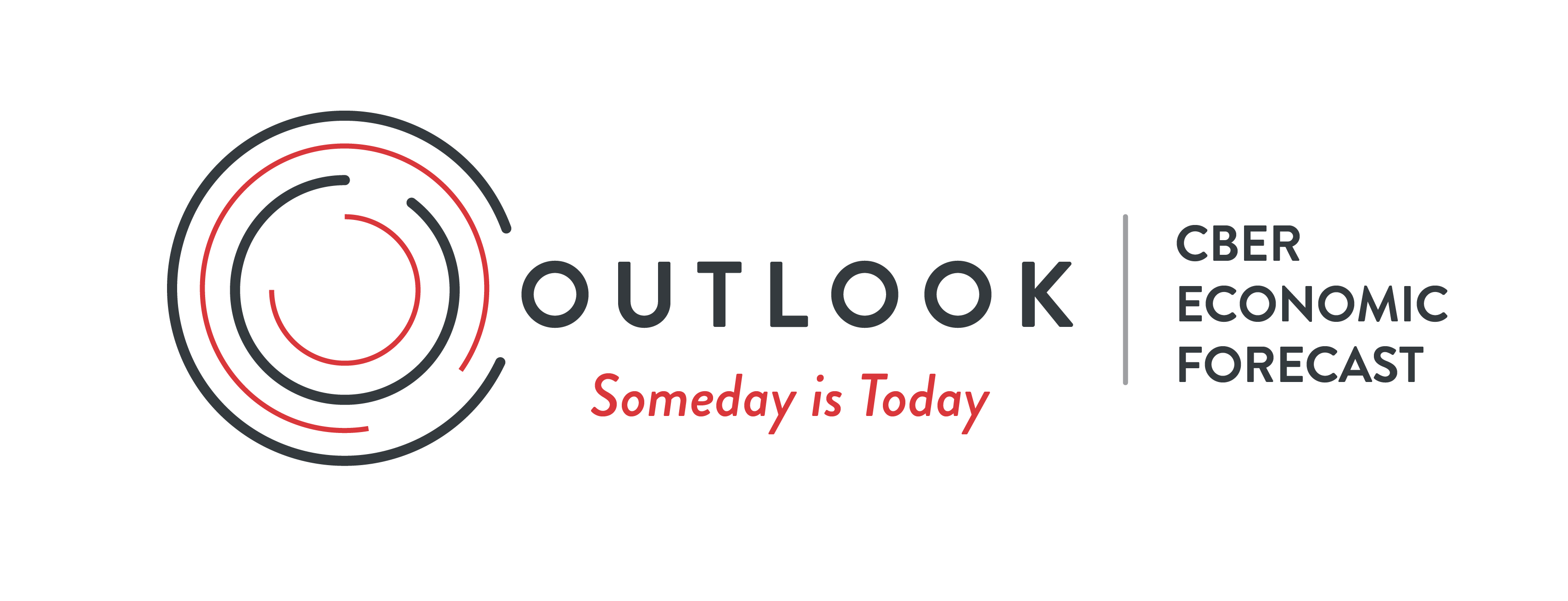
Event Details
Outlook 2024
Date:
November 13th 2024
8:30 a.m. – 10:30 a.m.
Doors open at 7:45 a.m.
Location:
Fontainebleau Las Vegas
Cost:
Early Bird: $125*
Faculty and Nonprofit Admission: $50
Student Admission: $25
Breakfast, coffee, and networking included
*Early Bird pricing will end Sept 1st. Space is limited.
Outlook 2024 is presented by: PNC Bank
Schedule:
7:45 am – Breakfast
8:30 am – Welcome and Introductory remarks
8:40 am – CBER Roadmap 2040
9:00 am – Keynote
9:30 am – Q&A with our keynote
9:50 am – Economic forecasts and the year ahead panel
10:30 am – Program concludes
Speakers
Andrew Woods
DIRECTOR, UNLV CENTER FOR BUSINESS AND ECONOMIC RESEARCH
Prior to joining UNLV’s CBER, Andrew started and ran a successful economic analysis, financial management, and public affairs consulting firm, as CEO of Woods Strategies, in Las Vegas, Nevada. His expertise in applying data and research to strengthen organizations and communities has led him to hold many leadership positions both in the public and private sectors. He is known for his financial acumen, vision, reliability, and integrity.
Andrew has been involved in the public policy process on behalf of his clients and has a passion for data-driven solutions to complex problems. Andrew’s knowledge of and interest in a variety of diverse policy issues is why he is a regular contributor to journalism outlets such as Nevada Public Radio and the Las Vegas Sun.
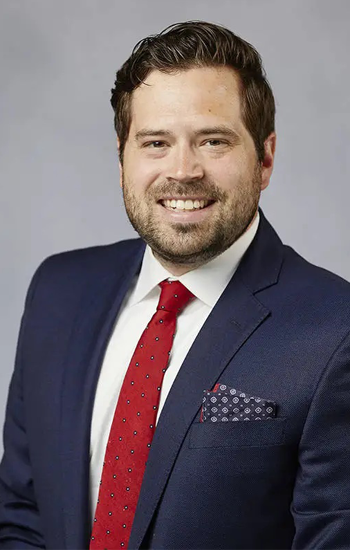
Stephen M. Miller
PROFESSOR, UNLV CENTER FOR BUSINESS AND ECONOMIC RESEARCH
Stephen M. Miller served as director of the Center for Business and Economic Research for the last six years. He is the former chair of the Board of Directors of The Economic Club of Las Vegas, a professor of economics, and former department chair in the Lee Business School at the University of Nevada, Las Vegas.
Prior to that, he was professor of economics and department head at the University of Connecticut. He also held visiting positions with the Federal Reserve Bank of Boston and with the Congressional Budget Office. He received higher education training at Purdue University, receiving his bachelor’s degree with distinction in Engineering Sciences Engineering (a part of the Aeronautical Engineering School), and at the State University of New York at Buffalo, receiving his M.A. and Ph.D. degrees in economics.
At UNLV, he developed with one of his M.A. students, Mustafa Gunaydin, the CBER-DETR Nevada Coincident and Leading Employment Indexes. These indexes track the contemporaneous and future movements in the Nevada employment markets. After becoming Director of CBER, he developed general coincident and leading indexes for the Nevada and Southern Nevada. These indexes track the contemporaneous and future movements in the overall Nevada and Southern Nevada economies.
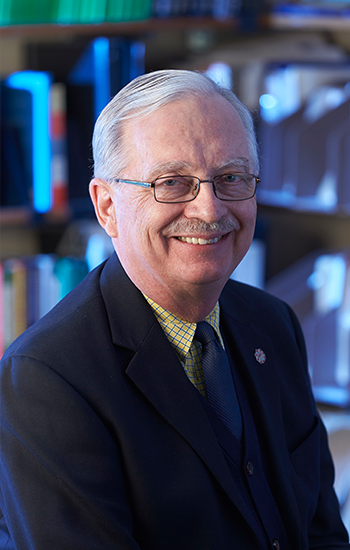
Sponsorship Opportunities
Chair
$15,000
Chair Sponsor Benefits
- Fifteen tickets (table and a half) to CBER’s Outlook.
- Logo displayed at the beginning, during breaks, and end of the program as well as in the final digital Outlook forecast book, which every attendee will receive
- VIP invited to any pre or post event receptions
- Access to the quarterly economic forecasts reports
- Attendance at CBER’s stakeholder events three times a year
- Opportunity for three months of sponsorship highlights in the Rebel Business Indicators weekly newsletter.
CEO
$10,000
CEO Sponsor Benefits
- Ten tickets (one table) to CBER’s Outlook.
- Logo displayed at the beginning, during breaks, and end of the program as well as in the final digital Outlook forecast book, which every attendee will receive
- VIP invited to any pre or post event receptions
- Access to the quarterly economic forecasts reports
- Attendance at CBER’s stakeholder events three times a year
- Opportunity for one month of sponsorship highlights in the Rebel Business Indicators weekly newsletter.
Vice President
$5,000
Vice President Sponsor Benefits
- Five tickets (half table) to CBER’s Outlook.
- Logo displayed at the beginning, during breaks, and end of the program as well as in the final digital Outlook forecast book, which every attendee will receive
- VIP invited to any pre or post event receptions
- Access to the quarterly economic forecasts reports
- Attendance at CBER’s stakeholder events three times a year
- Opportunity for two weeks of sponsorship highlights in the Rebel Business Indicators weekly newsletter.
Director
$5,000
Director Sponsor Benefits
- Three tickets to CBER’s Outlook.
- Logo displayed at the beginning, during breaks, and end of the program as well as in the final digital Outlook forecast book, which every attendee will receive
- VIP invited to any pre or post event receptions
- Access to the quarterly economic forecasts reports
- Attendance at CBER’s stakeholder events three times a year
- Opportunity for one week of sponsorship highlights in the Rebel Business Indicators weekly newsletter.
To Sponsor Outlook
Contact Daniela Rincon at daniela.rinconcornejo@unlv.edu
Our Sponsors
Presenting Sponsor

Chair Sponsor
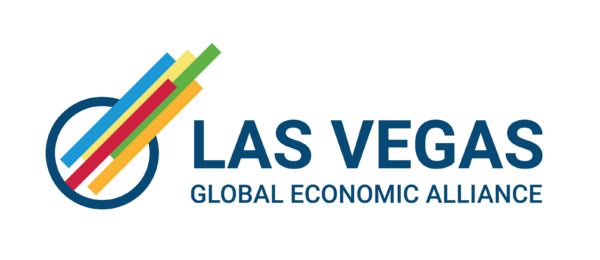
CEO Sponsor
Vice President Sponsor

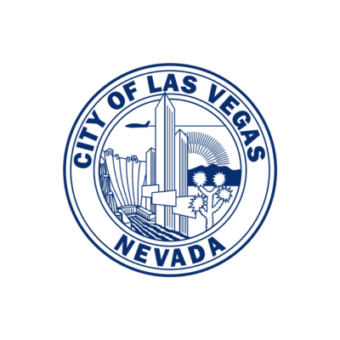
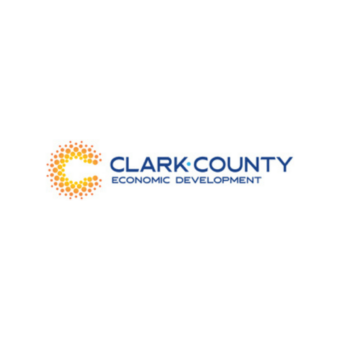
Director Sponsor


